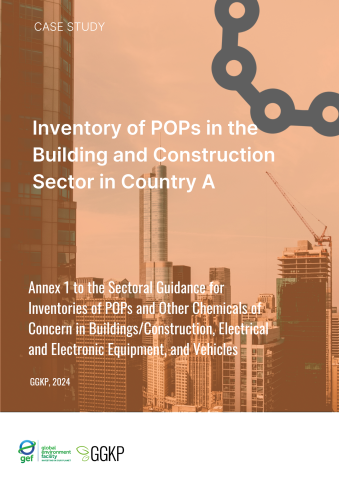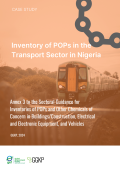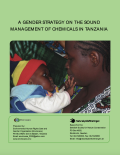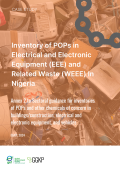
This case study is an annex to GGKP's “Sectoral guidance for inventories of persistent organic pollutants (POPs) and other chemicals of concern in buildings/construction, electrical and electronic equipment, and vehicles”. It serves as an educational resource to understand the sectoral approach of inventories for persistent organic pollutants (POPs) and the benefits of dynamic material and substance flow analysis (MFA/SFA) in assessing POPs in the building and construction sector.
The case study focuses on state-of-the-art methodologies to evaluate the presence and flow of POPs within the sector, providing valuable insights for policymakers and the waste management sector.
As part of the GEF-funded and UNEP-led “Global Development, Review and Update of NIPs under the Stockholm Convention on POPs” project, the Green Growth Knowledge Partnership (GGKP) is executing Component 4, focused on disseminating information, managing knowledge and coordinating with the Stockholm Convention Secretariat to provide accessible, integrated tools and resources for all Parties.




